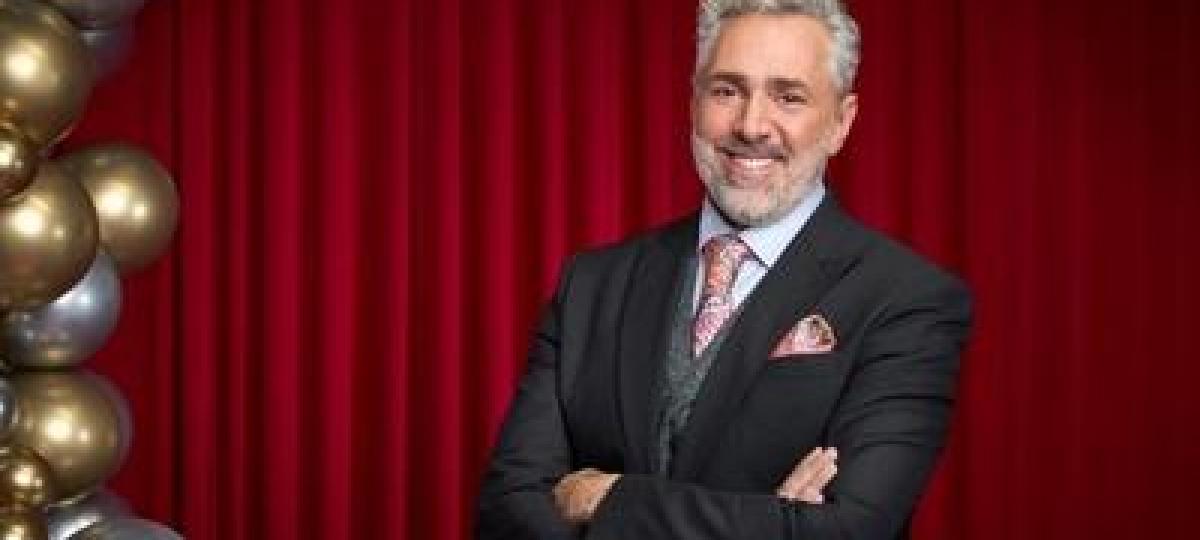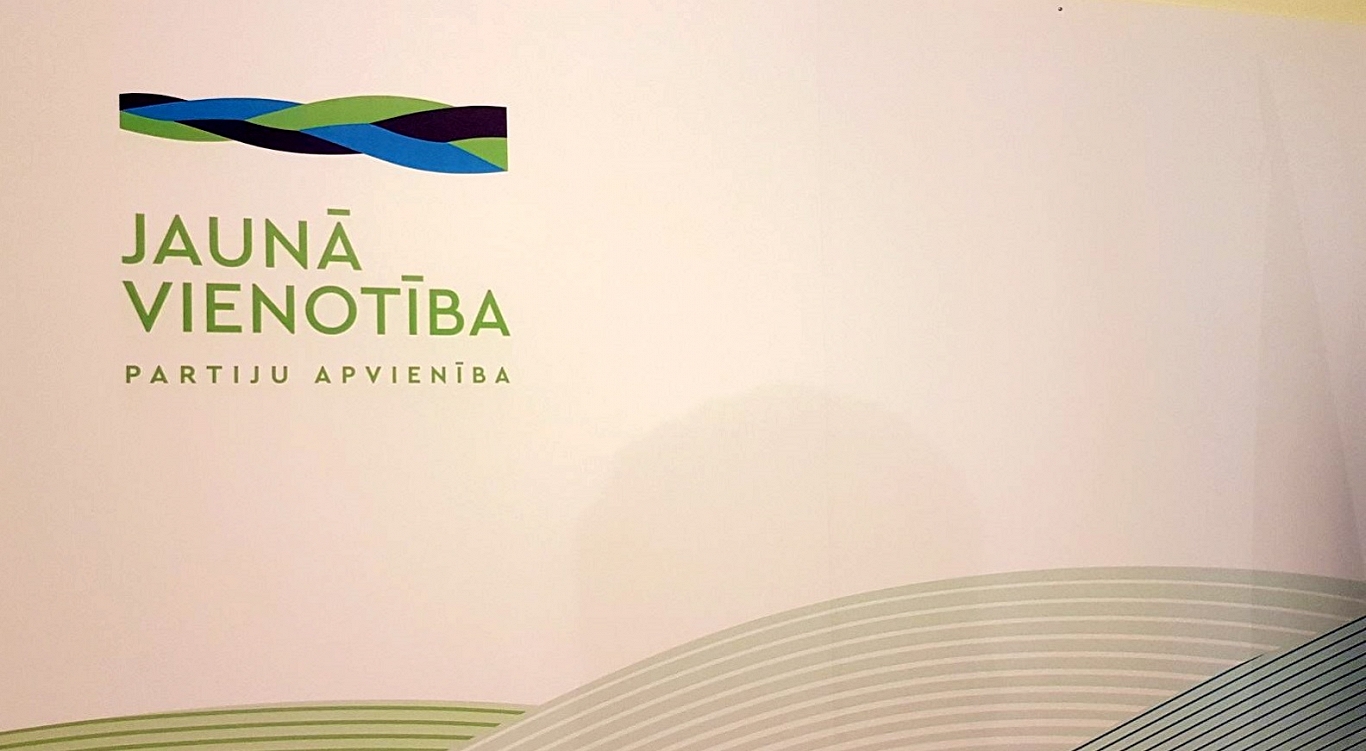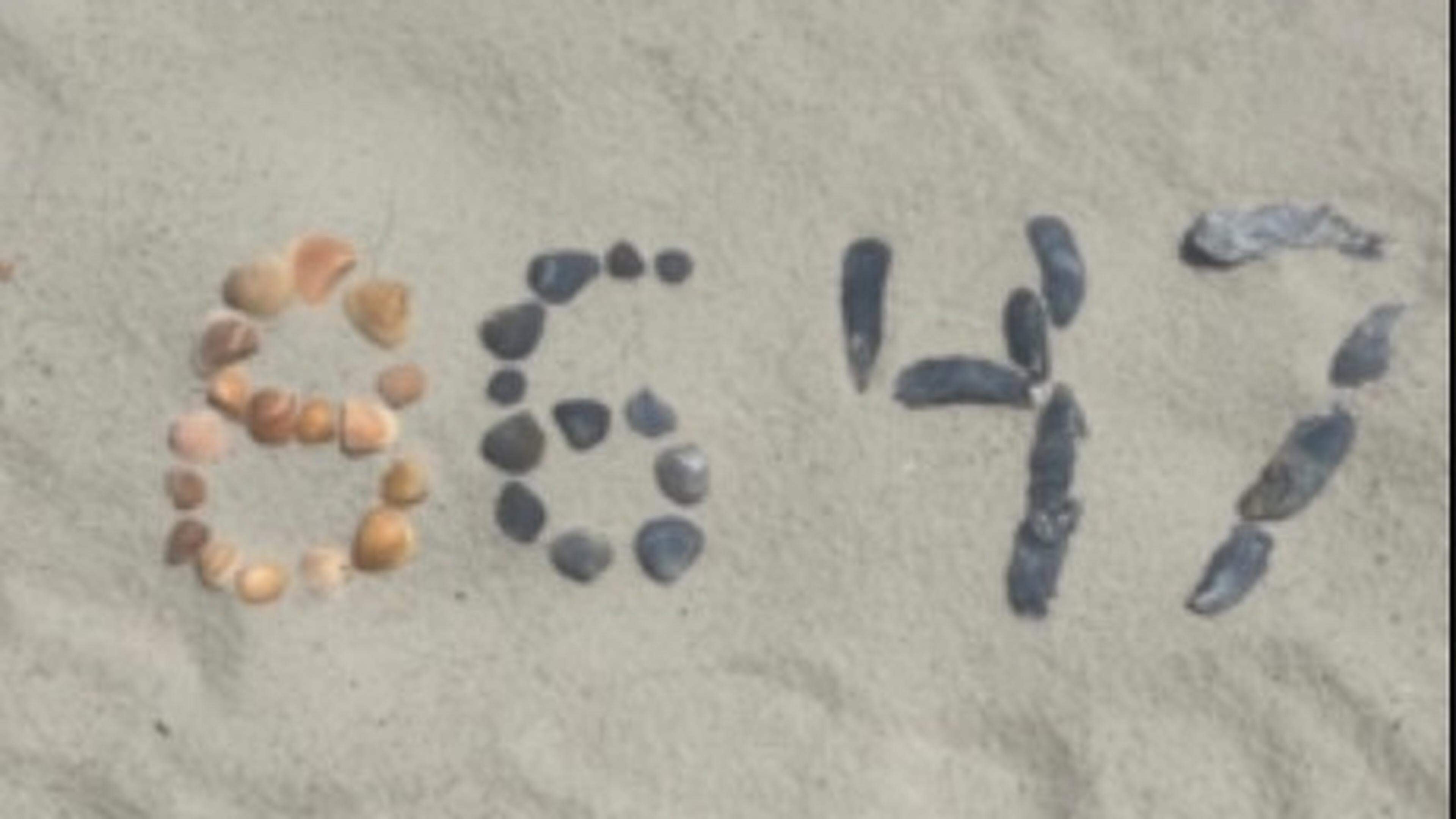Swedish elite football: « Don’t want a fence in Swedish football »

Despite security guards on site in front of the stand, IFK Gothenburg supporter was able to storm on the pitch and attack Baltic player Sebastian Starke Hedlund. The audience scandal at Gamla Ullevi on Thursday leads to both IFK Gothenburg and SEF to review the safety arrangements.
But rules on fences to secure players and judges’ security and prevent spectators from entering the plan is not relevant according to SEF’s security manager Per Eliasson.
– It is a discussion that we have had, but something we tried to build away. We want as open and atmospheric arenas as possible and we have been very spared from the type of events that occurred yesterday, says Eliasson.
Last Thursday AIK to set up network or other protection In front of several sections at the Strawberry Arena between May 18 and July 31, which will prevent objects from being thrown in.
Per Eliasson tells you that The event at Gamla Ullevi has already led to new discussions with IFK Gothenburg about the safety of the club’s event. Eliasson says that instead of fences and networks, other measures such as more security guards and audience hosts may become relevant for certain clubs or sections at the arenas of these clubs.
Doesn’t it indicate deficiencies in the security work when a person can run into the pitch and attack a player?
– IFK Gothenburg has probably followed its security plan, but it is extremely difficult to prevent these types of events. They also occur at the Champions League finals. If you want to get in, there is always a way, says Eliasson.
The match between IFK Gothenburg and Öster was resumed after a longer break. The decision to play further, which was made at a match meeting where both teams, judges, security managers, match delegates and police participated, brought criticism, including from the east.
Eliasson says he has deepest respect for the discomfort that Sebastian Starke Hedlund and everyone else felt felt about going out on the pitch again, but points out that the elite clubs themselves pushed the decision that the matches should be decided on the pitch as far as possible and not behind the desk.
A decision on The Swedish Football Association’s representative meeting 2016 was prompted by two matches being discontinued and the result being decided by the union’s disciplinary committee:
In 2016, a spectator ran into the pitch during the Superettan meeting between Jönköping and Östersund and attacked Östersund’s goalkeeper Aly Keita. The same year, a mop shot in the direction of Malmö FF player Tobias Sana and assistant referee Mathias Klasenius was thrown in the all-Swedish match against IFK Gothenburg at Gamla Ullevi.
– We did not want, for example, a supporter could affect a result, which is why all elite clubs made proposals for the representative meeting that the regulations would be reviewed and that the match, as far as possible, should be decided on the playing field, says Eliasson.
If Öster refused to play further, it would have risked that the 1-0 lead you had when the match was canceled into another result.
About the match not resumes the same day is the option to play further by the next day. In the Österfall it was not relevant as the team has a match on Sunday against GAIS and the regulations say the team must have at least two rest days between the matches.
– Of two bad choices for Öster, this was the least bad, says Eliasson, saying that the alternative to moving the Sunday match was never up on the table.
– That opportunity does not have the match meeting. Then you have to connect the competition committee and that time you do not have at that time, says Eliasson.
Read more:
Johan Esk: Too bad that the east refused to continue
Players’ Association’s requirements after the assault: Must be able to break matches







